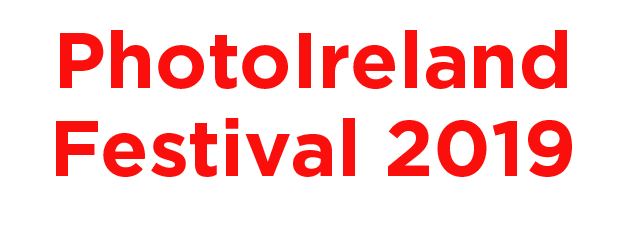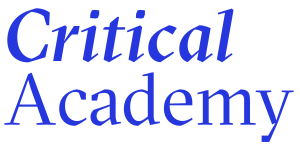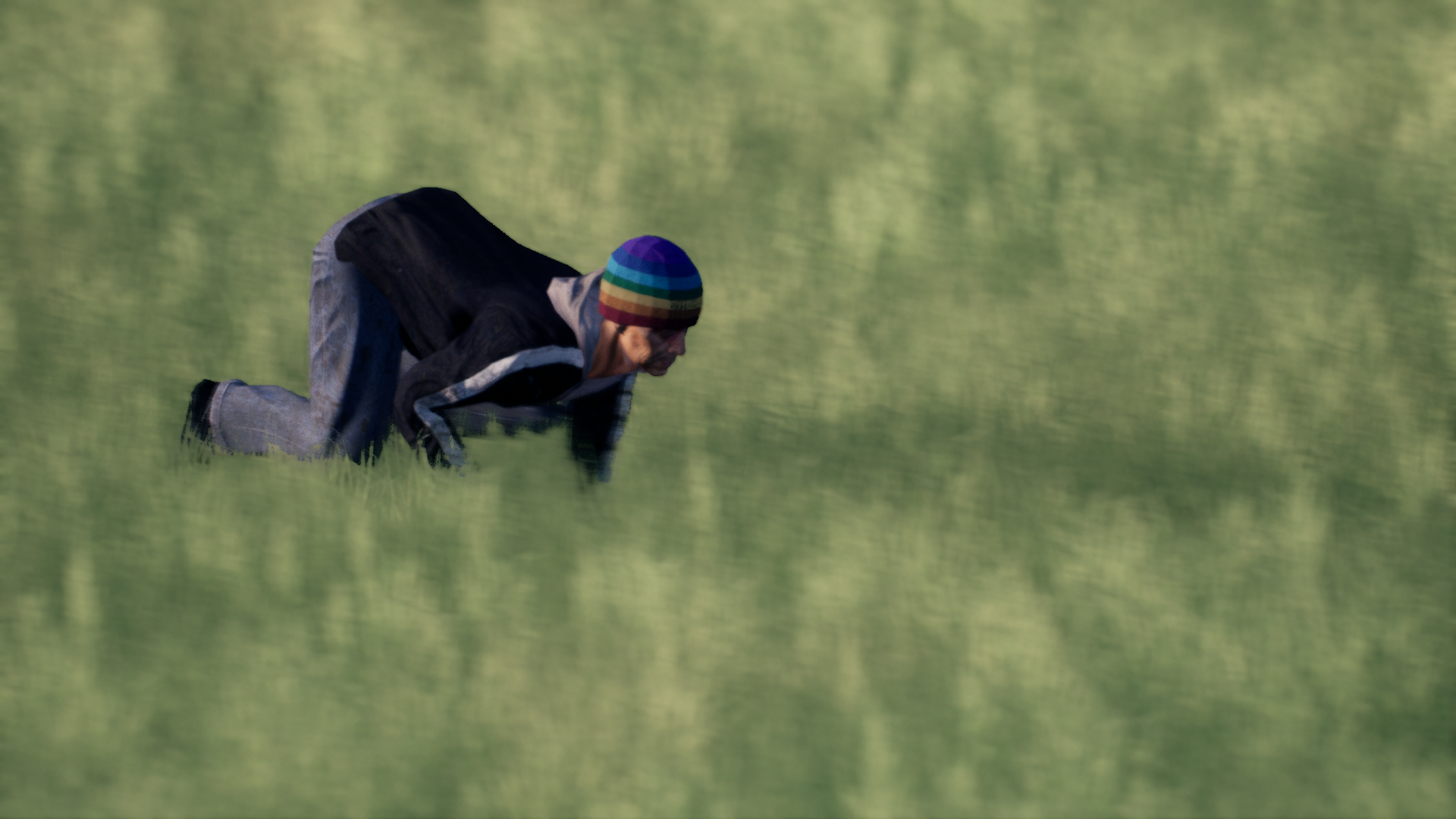Schedule and Fee
4 days course: at 12-3pm on 4, 11, 19 and 25 May
At The Library Project, 4 Temple Bar Street, Dublin 2
Who is this for?
This course is aimed at photographers and other visual artists, philosophers, critical theorists, and visual culture critics who are seeking an opportunity to develop their own practice through reading and group engagement. While no prior reading on the subjects is required, participants should be willing to engage, and respond to the prescribed material. The success of seminars will rely on weekly attendance and contributions from participants.
Description
This course considers events relating to the evolution of technology since the advent of photography, in order to provide us with an opportunity to rethink the relationship between humans, photography, and our understanding of Reality. Photography for Non-Human Entities is a four-part conceptual development seminar, which invites participants to respond to changing and emerging conditions of the photographic image in our time. Artist and lecturer, Alan Butler, will provide weekly introductions to emerging lens-based practices and contemporary philosophical texts, which will call on participants to reimagine the way they think about photography, in both its material and conceptual modes. Participants will be required to analyse prescribed material each week, discuss its meaning, and then collectively outline the implication of the relevant material on photographic practice at large.
Schedule
4 May Networked Practices: Non-human components
11 May Algorithmic Activity: Non-human creators and non-human audiences
18 May Getting Weird with Object Oriented Ontology
25 May Photography after the end of the world
Mentor
Alan Butler is a visual artist and lecturer, specialising in the material and philosophical implications of new media technologies upon the evolution of visual culture, politics, and social structures. Taking the form of video, photography, internet art, painting, sculpture and installation, his work examines how networked technologies mutate the content, transmission, and consumption of culture at large. Building on historical narratives and established cultural tropes, his work invites us to critically reengage with our relationship to information-mediated realities. Since 2003, his work has been the subject of over 130 museum and gallery exhibitions around the world. He has received numerous Arts Council of Ireland awards, and his work is featured in public art collections, such as the Irish Museum of Modern Art.
Butler’s work has been featured in the recent group exhibitions, including: Digital Citizen, BALTIC Centre for Contemporary Art, England; States of Play: Roleplay Reality, FACT, Liverpool; Pangea United, Muzeum Sztuki, Poland; Back to the Future, C/O Berlin, Germany; Weird Capitalism, Transfer Gallery, New York City; SITUATIONS/Posthuman, Fotomuseum Winterthur, Switzerland; ZKM at Open Codes, ZKM, Karlsruhe Germany; UCLA Game Art Festival 2017, The Hammer Museum, LA, USA; Les Rencontres d’Arles 2017, France; and As Above, So Below: Portals, Visions, Spirits & Mystics at the Irish Museum of Modern Art, Ireland.



